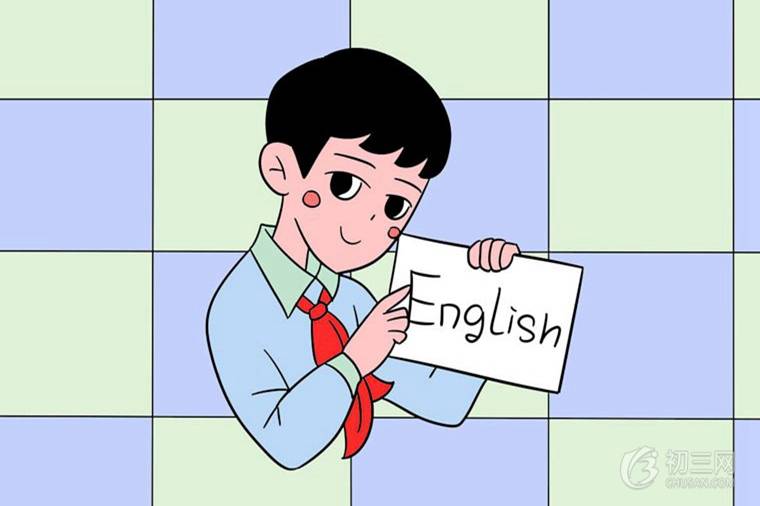besides和except、except都可以表示“除外”,besides表示一种累加的除外关系,意思是“除了什么之外,还有……”,强调的是还有;except则表示一种排除关系,意思是“除了什么之外,不再有……”,把……除外。

1.besides除…外,还…,指还有…,如:
Do you have any clothes besides these.
除了这些衣服你还有别的吗?
2.except则表示一种排除关系,意思是“除了什么之外,不再有……”,把……除外。如:
They all go to the Palace except one.
除一人外他们都去了宫殿。
1.用作介词,表示累加,即“除……外,还有……”。如:
Besides advice, he gave her some money.
除了给她建议外,他还给了她一些钱。
2.用作副词,其意为“此外”“而且”,可用于分句句首(通常用逗号隔开)或句尾。如:
I don't like this dress; besides, it's too expensive.
我不喜欢这连衣裙,而且价钱也太贵。
Peter is our youngest child, and we have three others besides.
彼得是我们最小的孩子,我们另外还有3个孩子。
一、except作为介词
1.除…之外,除了
Everyone is ready except him.
除了他,大家都准备好了。
He won't work except when he is pleased.
只有在高兴时他才会工作。
二、except作为及物动词
除去,把…除外
except certain names from a list 在名单中除去某些人的名字
except sb from a group 把某人从团体中开除
nobody excepted 无一人例外
present company excepted 在场者除外

except和besides都有“除……之外”的意思。但是它们两个谁包括所提及的事,谁不包括所提及的事会让大家很疑惑,下面跟随小编来理清思路...

孔乙己是贫困潦倒的知识分子。在书中,孔乙己是一个知识分子,满口“之乎者也”,但是他很穷,还窃书,说过“读书人的事,怎么能叫窃,”被人嘲笑,他...

自然界产生氧气的化学方程式:光合作用的反应式为6CO2+12H2O→C6H12O6+6O2+6H2O。包括光反应和暗反应两个过程。需要具备光...

有的高校没有条件,只要学业水平成绩都合格就可以,比如中国科学院大学。有的需要平常学习考试成绩,比如北京外国语大学要求高三第一学期期末成绩在全...

在四则运算中,表示计算顺序,在小括号之后、大括号之前;表示两个整数的最小公倍数;表示取未知数的整数部分;在函数中,表示函数的闭区间;在线性代...

济南开设的最好的职高学校有:济南方信集团职业高中、济南公共交通职业高中。济南市公共交通职业高级中学是由济南市公共交通总公司承办,业务属济南市...

实然:是说事物实际上就是这样的,但不同于现实性(现实性指其有合理性和客观性);应然:就是应该是怎么样的意思,比如说这件事,就应该是那样的结果...

地中海气候一种夏季炎热干燥、冬季温和多雨,雨热不同期的气候类型。地中海气候冬季受西风带控制,锋面气旋频繁活动,气候温和,最冷月的气温在4-1...